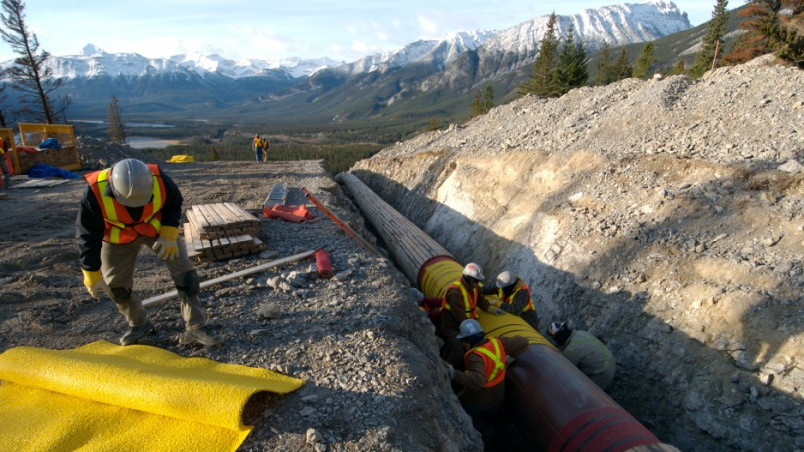When the outcome of this year’s federal election became clear, political observers across the country were treated to a series of assumptions about the message that Canadians appeared to be sending.
For every environmentalist claiming that 65.6% of voters supported “action on the climate crisis,” there was an oil and gas industry defender claiming that 67.5% of voters wanted “action on pipeline expansion.”
The reality is that voters in Canada cast ballots for a wide range of reasons, and blanket statements that purport to carry the backing of two-thirds of all voters for anything are not helpful. In a province like British Columbia, discussions about natural resource projects and environmental stewardship require a more nuanced approach. While a few years ago, most of the focus was placed on the now-abandoned Enbridge Northern Gateway project, the attention has shifted to the Trans Mountain pipeline expansion.
Earlier this month, Research Co. reviewed the feelings of British Columbians on this project and found little change over the past six months. We continue to see a majority of the province’s residents (56%) agreeing with the federal government’s decision to reapprove the pipeline expansion, while more than a third (35%) are opposed and 10% are undecided.
Support for the pipeline project stands at 59% in the Fraser Valley, and falls to 51% in Metro Â鶹´«Ã½Ó³»and 49% on Â鶹´«Ã½Ó³»Island. In these regions, the numbers are consistent with what was reported by Research Co. in May 2018. At the time, the federal government was hinting its disposition to “indemnify” Trans Mountain “against unnecessary delays,” before ultimately purchasing the existing pipeline and its expansion project for $4.5 billion.
On some other matters that are directly related to the pipeline expansion, the numbers are also remarkably stable. The government of Alberta’s ill-fated campaign to promise British Columbians lower gas prices with a reapproved project remains unimpressive. Only 37% of the province’s residents expect to pay less for gas thanks to the pipeline’s expansion. And, as we recently discovered, British Columbians eagerly support the provincial government’s plan to compel oil and gas companies to disclose supply and pricing data.
An argument that has been used extensively in an effort to boost support for the Trans Mountain expansion – the creation of hundreds of jobs for local residents – continues to resonate with 68% of British Columbians. Those who voted for the BC Liberals in the 2017 provincial election are even more convinced that this will happen (81%).
The Liberal Party of Canada saw its share of the vote in British Columbia drop from 35% in the 2015 federal election to 26% this year. The animosity from the province’s residents on this file is persistent: three in five (59%) claim to be disappointed with the way the federal government has handled the Trans Mountain pipeline expansion.
The main hindrance for Ottawa is that it gets chided by two opposing sides: fiscal conservatives who believe bitumen should already be flowing into foreign markets and environmentalists who do not think the project should have been given any consideration.
There is also extraordinary consistency when it comes to the number of British Columbians who are worried about something going wrong. Across the province, 45% of residents believe the expansion threatens the health and safety of British Columbians. As expected, political allegiance plays a major role, with majorities of people who voted for the BC Green Party (64%) and the BC New Democratic Party (59%) in 2017 feeling this way.
A slightly lower proportion of British Columbians (40%) want the provincial government to do anything necessary to ensure that the Trans Mountain pipeline expansion does not happen. This group encompasses 63% of provincial Green voters, 51% of residents aged 18 to 34 and 45% of women.
Across British Columbia, the level of opposition to Trans Mountain was never as pervasive as what was observed at one point for the Enbridge Northern Gateway. The fact that the federal government became involved in the pipeline expansion moved “moderate opposition” into “moderate support.” For these British Columbians, it was easier to scold a Texas-based company than to be upset at a project that was regarded by Ottawa as “nation-building.” Months later, the feelings are practically the same.
Results are based on an online study conducted December 4–7, 2019, among 800 adults in British Columbia. The data has been statistically weighted according to Canadian census figures for age, gender and region in British Columbia. The margin of error, which measures sample variability, is plus or minus 3.5 percentage points, 19 times out of 20.




